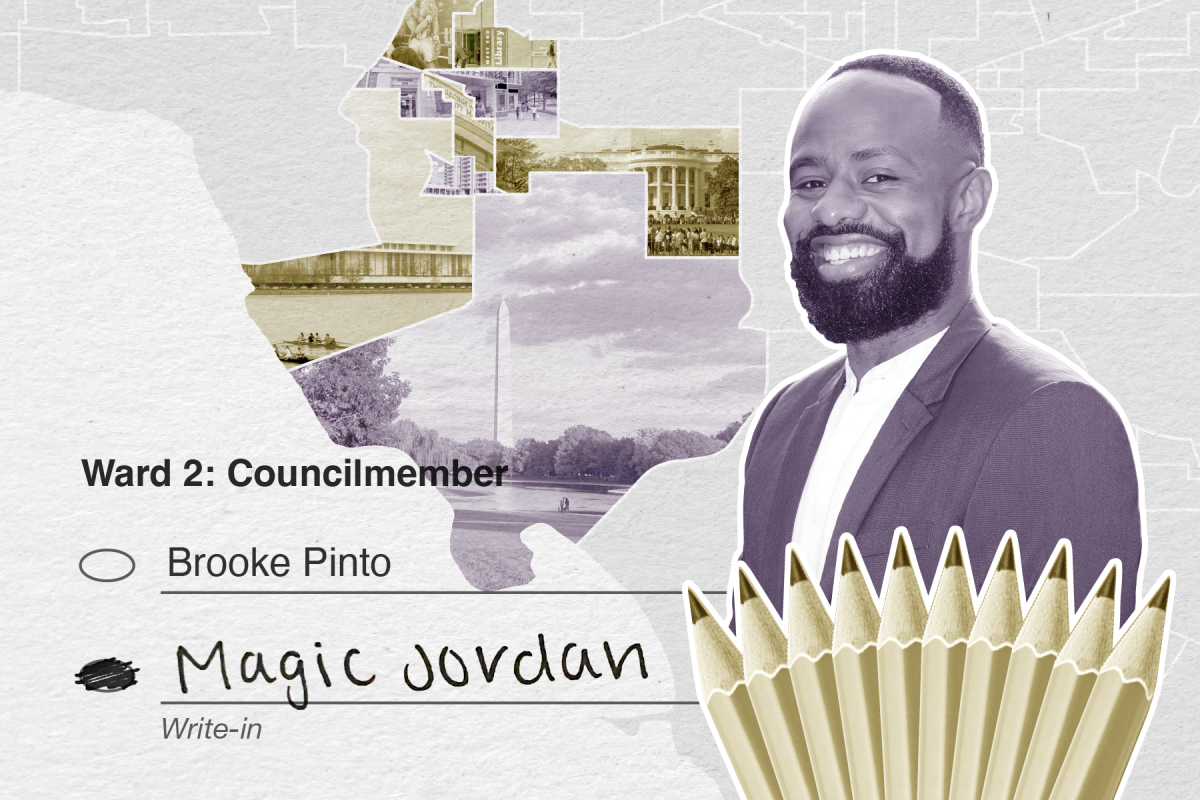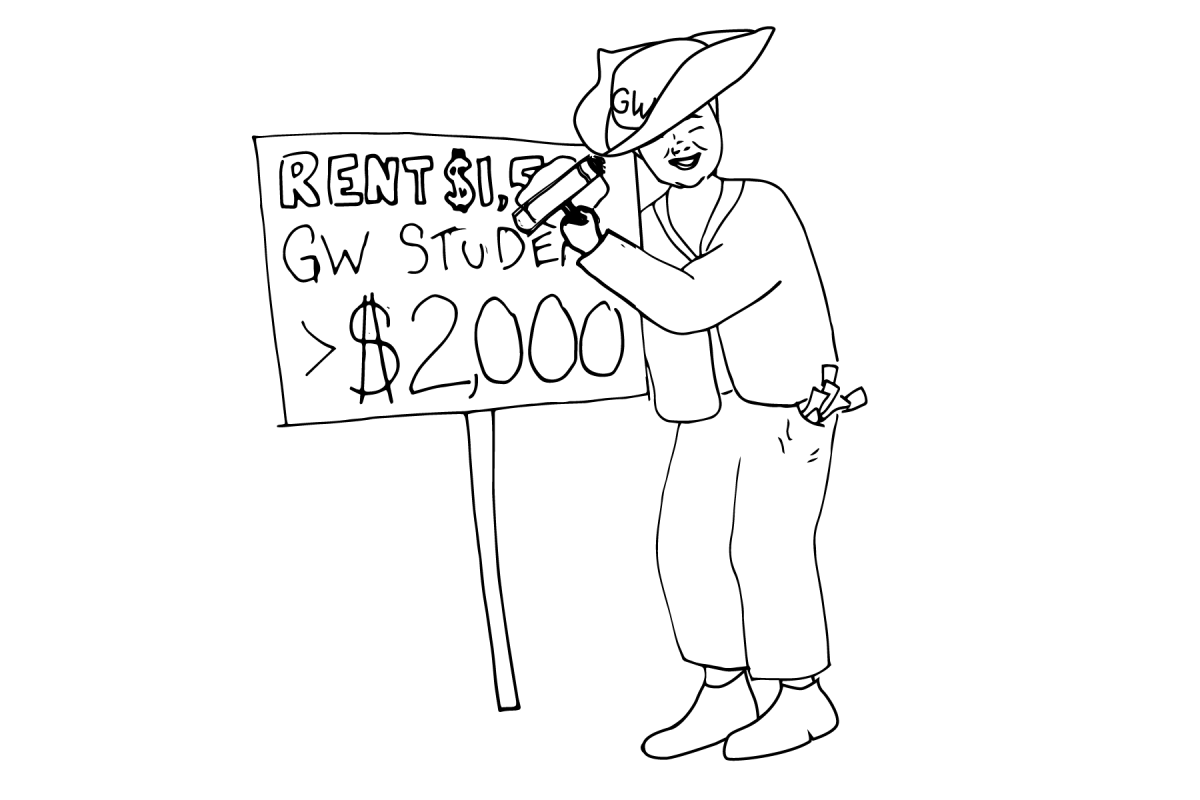During my first two class registrations, I had no idea what courses to take. So before registering for spring 2013 classes, I got advice from a couple of my upperclassmen friends.
But not all freshmen know upperclassmen who can give them advice.
At this stressful time, students in the Columbian College of Arts and Sciences who need help deciding what classes to take must rely on their own official advisers or RateMyProfessors.com. The Columbian College should institute a peer advising program, similar to those in other schools across the University.
The University Honors Program offers peer advisers, a group of students who provide guidance to others throughout their academic careers and can provide insight on honors classes. Peer advising systems also exist in the Elliott School of International Affairs, the GW School of Business and the School of Engineering and Applied Science.
Peer advisers are often more prepared than faculty advisers to give students advice on programs or classes, given their personal experiences.
Peer advising would not only help students from an academic standpoint, but new students could also benefit socially from older students who know more about campus life. As mentors to underclassmen, the older students in the honors program advising system hold get-togethers two to three times each month, where students can socialize.
The Columbian College is GW’s largest school, which means it would be difficult to mirror the other advising systems like that in the honors program. Liz Sutton, a program officer in the honors program, told me that when it comes to peer advising, “the smaller the community, the better.”
To make it work in the Columbian College, the school could set up walk-in peer advising hours by major. Upperclassmen could offer insight to students who are in the process of declaring their major or recently chose a field of study.
Undecided majors could also visit peer advisers to learn more about a particular subject and narrow down their options, especially if they are having difficulty picking a major.
This kind of voluntary program could potentially help a lot of students who might otherwise get lost in the crowd.
During my freshman year, I’ve realized that my peers are the people who will give me the most useful and realistic advice when it comes to classes, not faculty advisers who likely haven’t sat through the courses.
Sunik Kim is a freshman in the Columbian College of Arts And Sciences.




